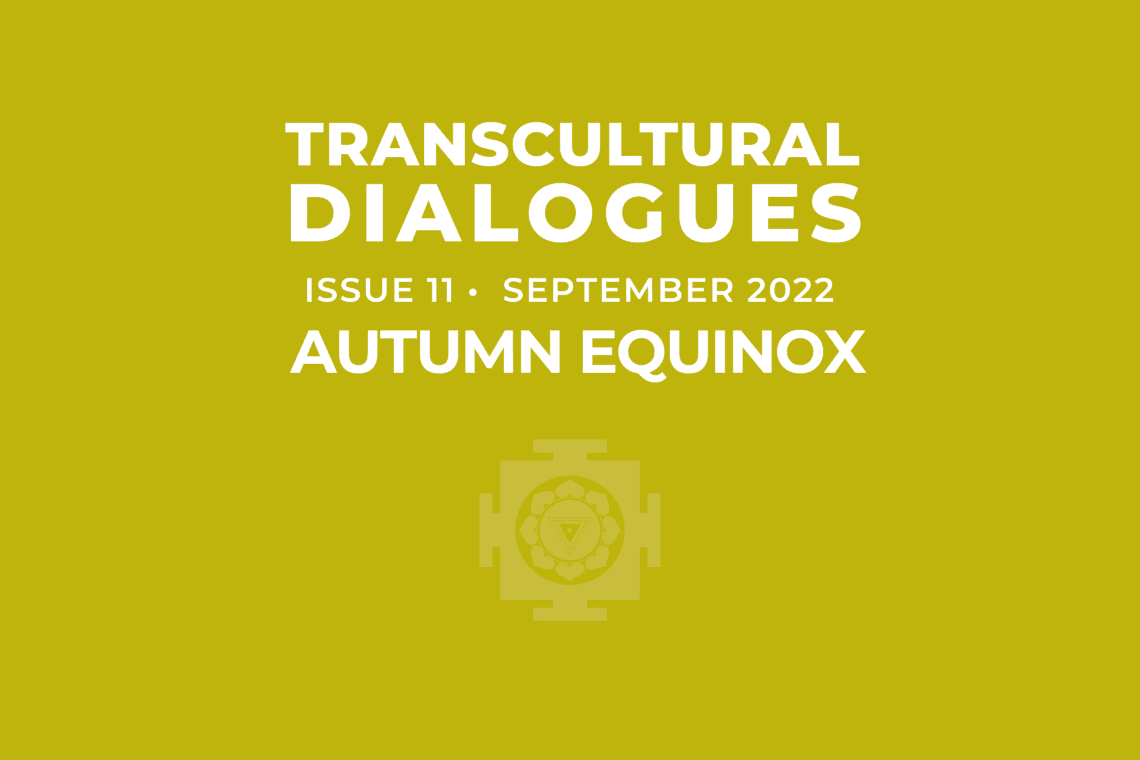
Index:
- » Adrián Navigante,
Director of Research and Intellectual Dialogue at Alain Daniélou Foundation
PHALLIC REMNANTS: A NOTE ON DIVINE EROS AND THE (NON-)PLACE OF MASCULINITY
Alain Daniélou’s The Phallus is a book that seems foredoomed to oblivion. It was written in the same period as his highest achievement, the complete translation of Vātsyāyana’s Kāmasūtra, and it was also contemporary to a paradigm shift in Western culture as a result of the great impact of gender studies and deconstruction theory, both of which implied a revision (and also a reversal) of phallocentrism and logocentrism as oppressive instances of male dominance. In this essay, Adrián Navigante attempts a new reading of this seemingly insignificant book (in the light of Kāmasūtra) containing an outdated world-vision (in the light of the new cultural paradigm), an interpretation that seeks to do justice to the singular aspects of Daniélou’s quest, among others the distinction between male archetypal power and patriarchal ideology, but above all his elaboration of a chthonic philosophy related to the figures of Shiva and Dionysos, mirrored in the last developments of Jungian psychology.
Read » - » Alexandra Wenta,
Senior Researcher in Indology and Tibetology at the University of Florence, Italy
Early Tantric Magic and Alain Daniélou’s The Cattle of the Gods
In this essay, Aleksandra Wenta deals with early tantric magic and Alain Daniélou’s novella The Cattle of the Gods, which forefronts the theme of local tradition centered on the worship of the Goddess in a small Himalayan village. The majority of the village population perceives this local cult as primitive, archaic, and dangerous. In certain sections of Daniélou’s novella, the reader is struck by the similarities of motifs, concepts and themes representing the local archaic tradition and topics related to current research on tantric magic. Aleksandra Wenta attempts to contextualize Daniélou’s within a broader theoretical and practical framework of early tantric magic.
Read » - » INTERVIEW / Amanda Viana,
Assistant Research and Intellectual Dialogue at Alain Daniélou Foundation
ALAIN DANIÉLOU AND THE UNESCO Collection of Traditional Music of the World: AN INTERVIEW WITH JACQUES CLOAREC
Read » - » Catherine Basset,
Associate Researcher at the CASE (Centre Asie du Sud-Este) and CNRS (Centre National de la Recherche Scientifique), France.
ANTONIN ARTAUD AND HIS ANTONIN HÉLIOGABALE WITH INDO-EUROPEAN UCHRONIAS AND DOUBLES
Inspired by the singular essay Héliogabale ou l’anarchiste couronné [Heliogabalus or the Crowned Anarchist], Catherine Basset, who has already written about Artaud, Shiva and the Balinese theatre in an earlier issue (cf. Transcultural Dialogues N°5 Autumn Equinox 2020) brings out ‘doubles’ and ‘resonances’, introduces uchronias, and invites intruders absent from the book – providing thus another dimension of interpretation for the East-West dialogue displayed in Artaud’s essay.
Read »
Share this page

